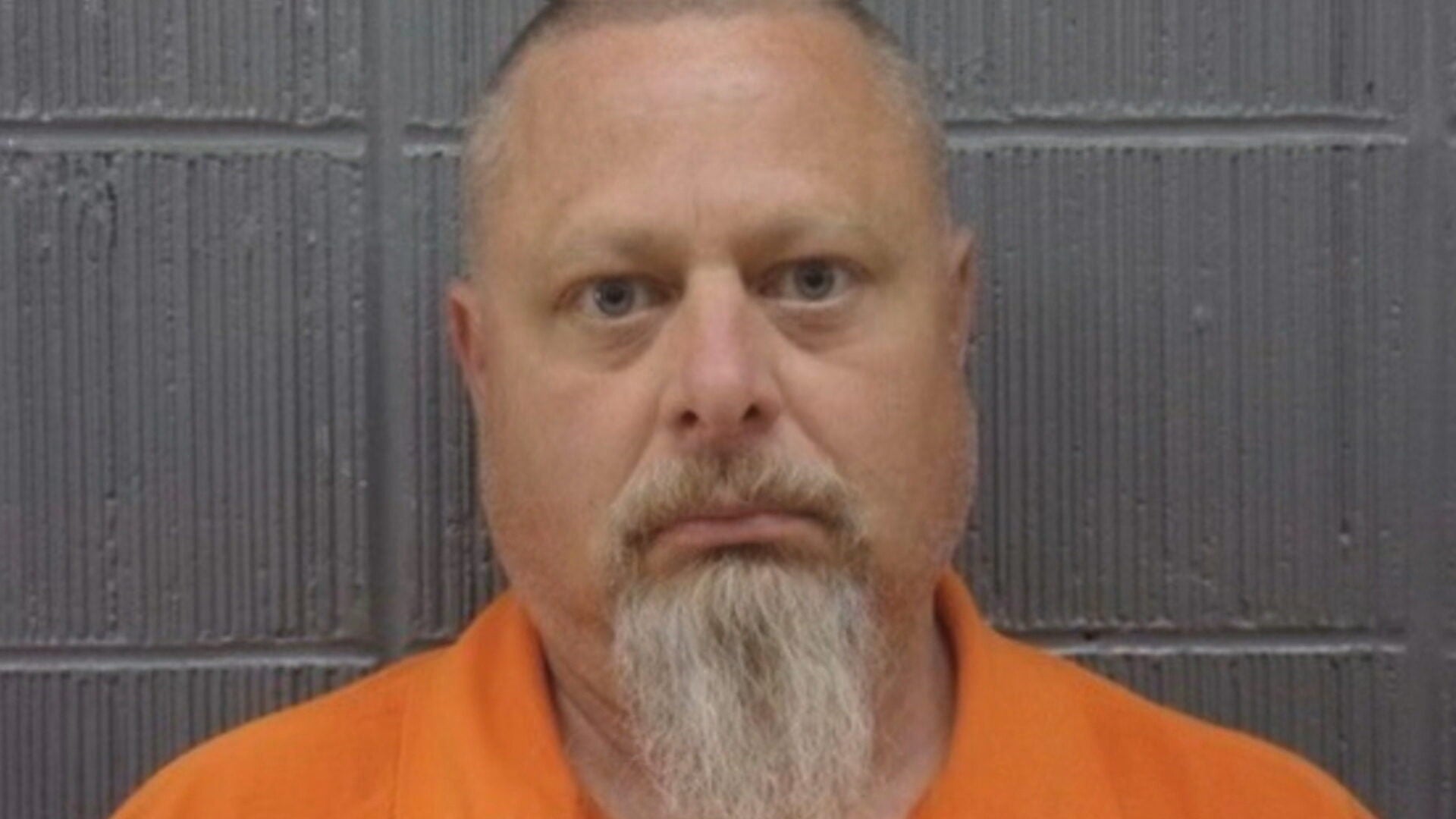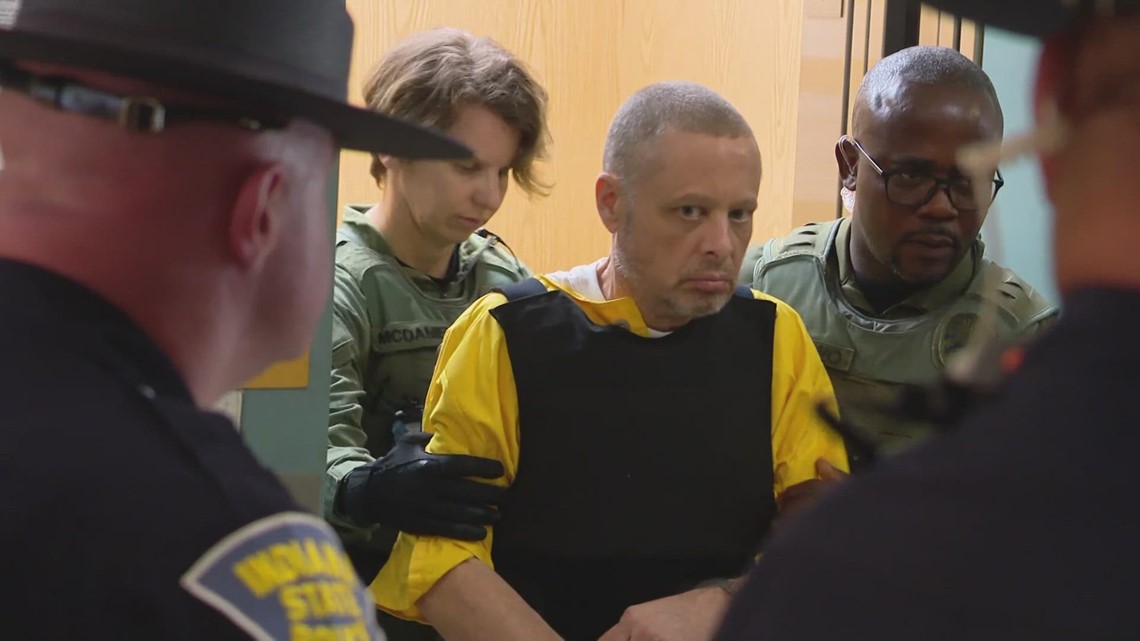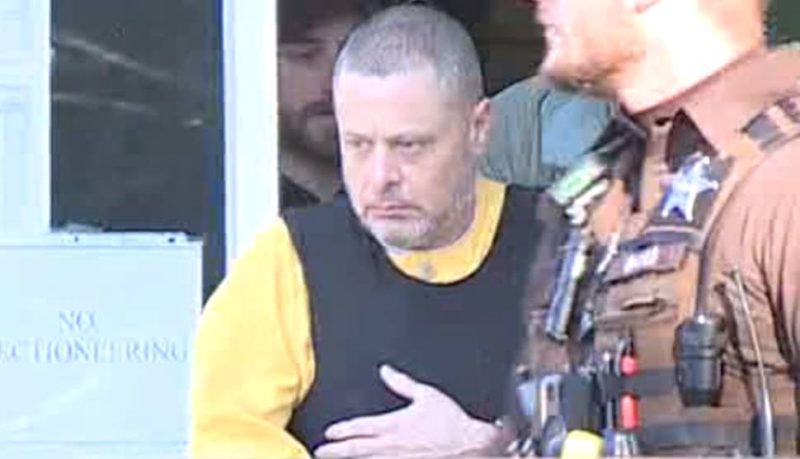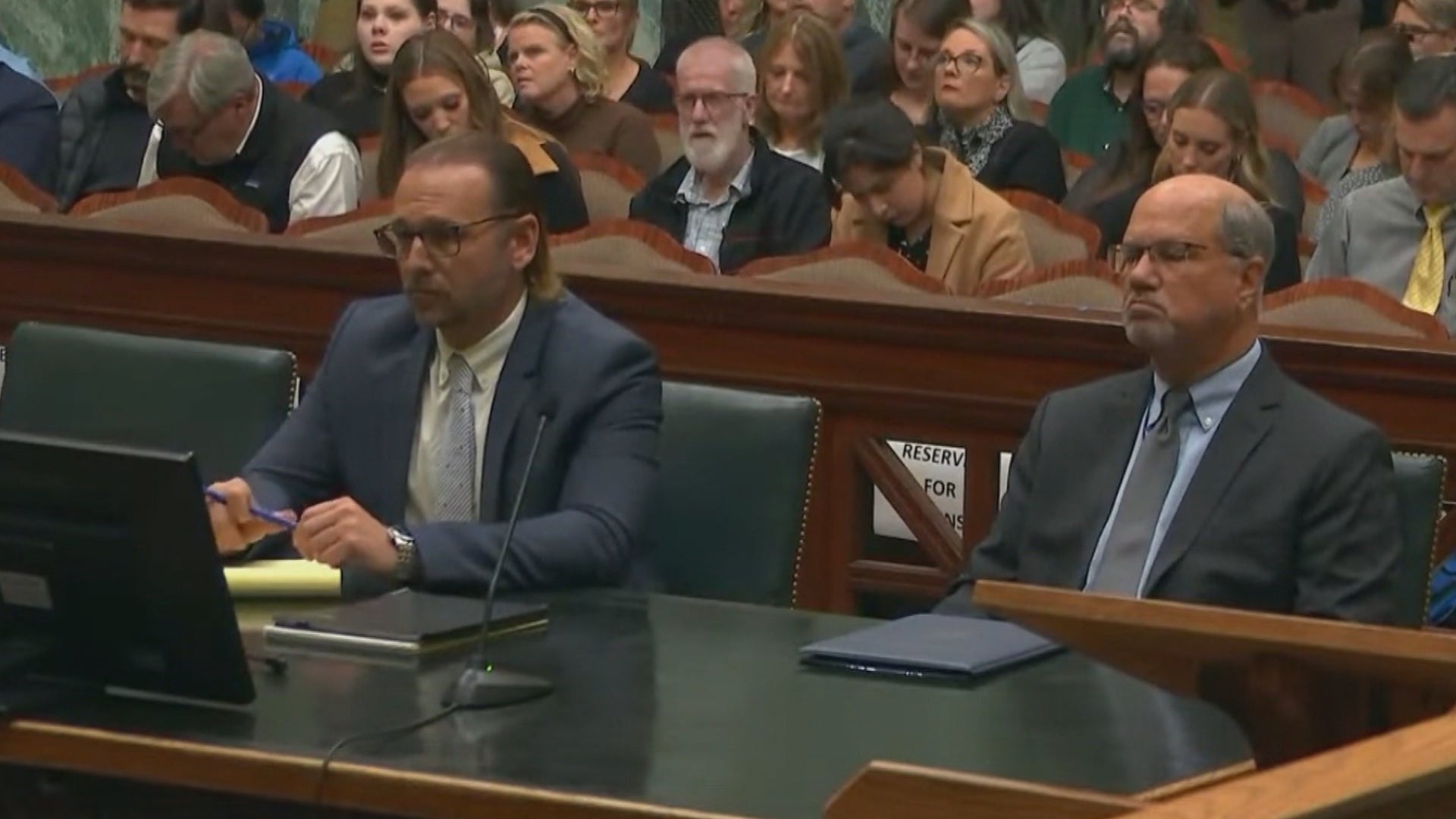Page 9 of 11
of state action that exploits
the weak and compromised through interrogatory and custodial
pI'OCCSSeS.
In Blackburn State ofAlabama, 80 S..Ct. 274, 279-80 (1960), the United States
Supreme Court noted that it had recognized:
"[T]hat coercion can be mental as well as physical, and that the blood of the accused is
not the only hallmark of an unconstitutional inquisition. number of cases have demonstrated, if
demonstration were needed, that the efficiency of the rack and the thumbscrew can be matched,
given the proper subject, by more sophisticated modes of 'persuasion.' prolonged
interrogation of an accused who is ignorant of his rights and who has been cut ofi' from the moral
support offriends and relatives is not infrequently an effective technique of terror. Thus the
range ofinquiry in this type of case must be broad, and this Court has insisted that the judgment
in each instance be based upon consideration of 'the totality of the circumstances.' (citation
omitted 1."
Allen's case falls within these federal parameters. In Blackburn, the Defendant had
documented history of mental illness, having served in the military, which ultimately resulted in
his discharge because of medical finding that he suffered from some fonn ofpsychosis. Id. at
200-201. He was in the process ofbeing treated in the days and weeks leading up to the
commission ofthe crime and his ultimate apprehension. Id. at 201. After enduring an 8-10 hour
interrogation, Blackburn was given prepared written statement with admissions offered up by him in the course ofthe interrogation, and he ultimately signed the written statement two days
later. Id. at 204.
Here, Allen endured longer, more sustained form ofinterrogation; one that lasted more
than five months before he was finally broken. Already suffering from bona fide mental health
disorder, and then having been cut offfrom the moral support of his wife, mother, and daughter, Allen was weakened to the point where he slipped into state of psychosis plagued with grossly
disorganized, delusional, paranoid and highly dysfunctional behavior. (INEp. 124). These
behaviors were manifested through verbal confessions that he may have been drugged, verbal
confessions to the double homicide (inconsistent with known facts about the crime scene),
periods of not sleeping for days, paranoia, stripping off his clothes, drinking toilet water,








